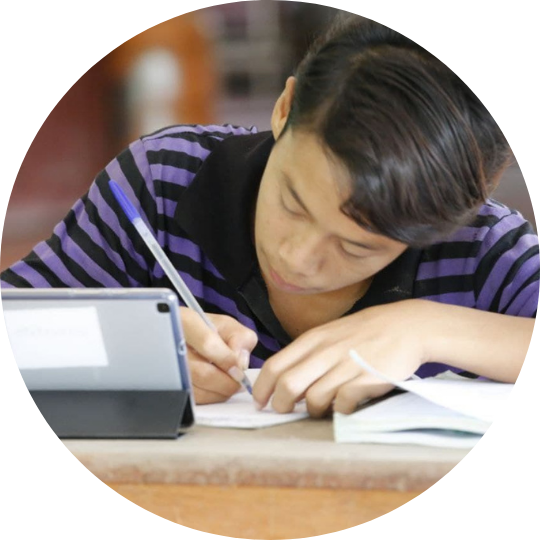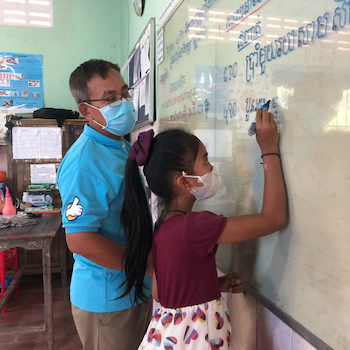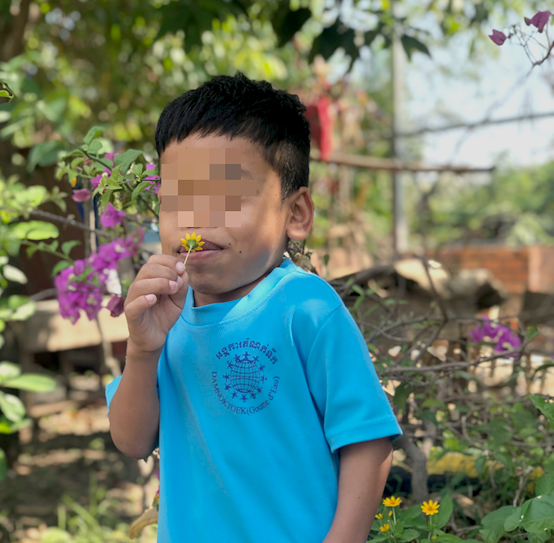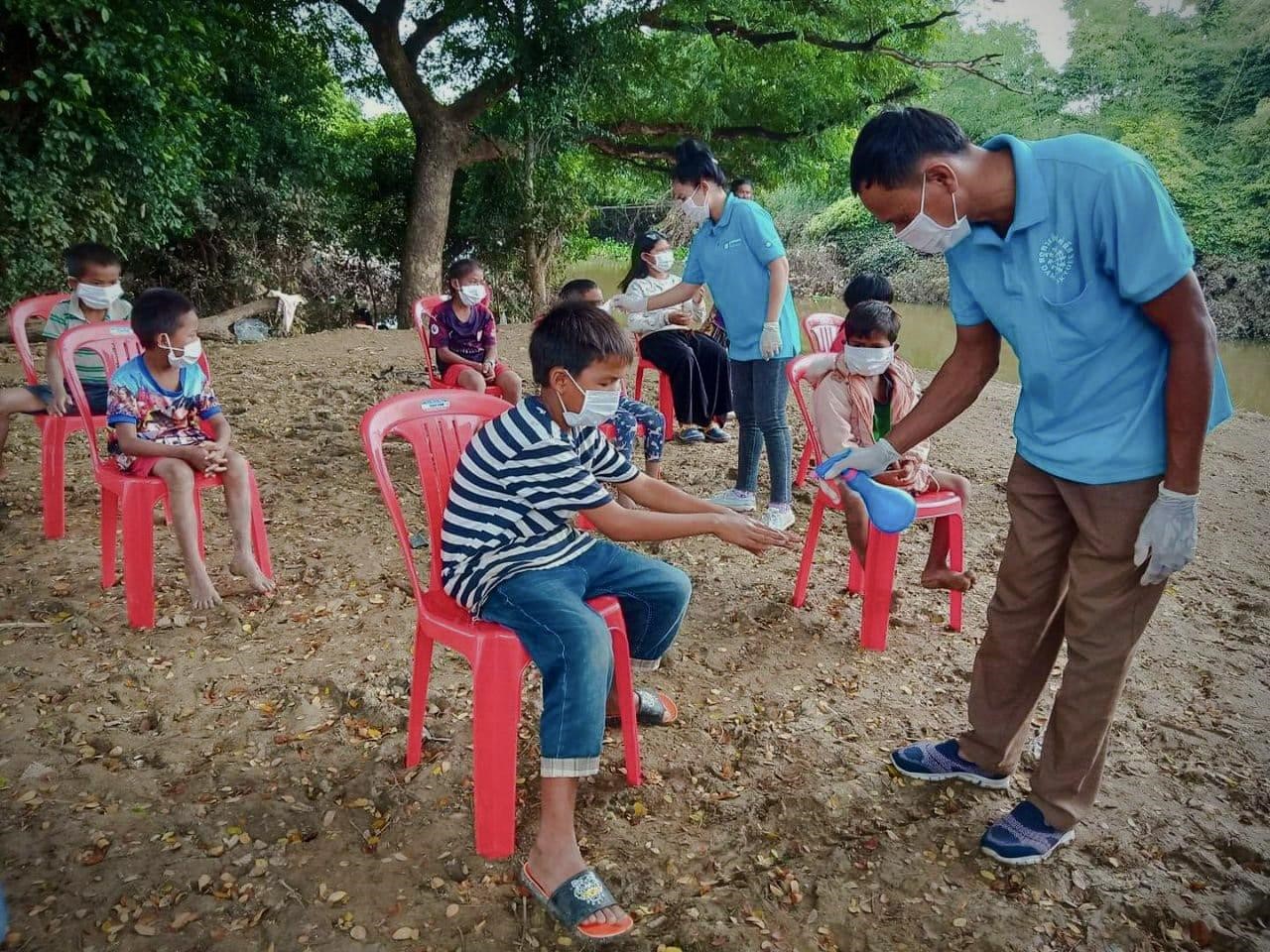The Stats
The Problem
In Cambodia, about 250,000 school-age children
have had no education at all. An estimated 24,000 of these children are
street-involved 7. National capacity to develop
and maintain public systems such as schooling and job training remains limited,
which contributes to issues of poverty for many of Cambodia’s children and
youth. As such, these realities and the limitations in Cambodia’s social
structures have contributed to issues of human trafficking, sexual
exploitation, and unsafe migratory behaviours amongst the country’s most
vulnerable children.
Ways We Help
Prevention
Community Kindergarten
Damnok Toek works with the local authorities in Neak Loeung and Poipet to identify at-risk children under 5 years old and provide them with kindergarten education. In Cambodia, kindergarten is not mandatory so this project gives children living in remote areas access to education before the age of 6 years old.
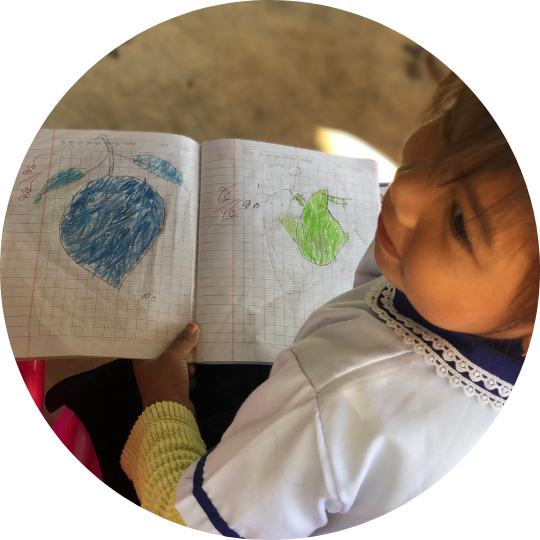
Protection
.png)
Education is essential to setting children up for success. Although enrollment rates are high in Cambodia, so too are dropout rates. Distance from home to school, unreliable transportation, and the necessity to work to help the family are all common causes of high dropout rates. To ensure children stay in school our social workers are in close collaboration with our NFE teachers as well as public school teachers to monitor students' attendance. If a student misses three consecutive days of classes, a social worker will conduct a home visit to assess what can be done to assist the child in coming back to school.
Rehabilitation
Non-Formal Education (NFE)
Provides access to education for vulnerable children who are not able to attend public school in Neak Loeung and Poipet, often due to their families' socio-economic circumstances. By providing NFE, Damnok Toek helps to ensure vulnerable children receive an education and mitigate the risk of these children becoming victims of exploitation, trafficking, and abuse.
NFE uses creative, child-focused, and both non-formal and formal educational methodologies to support the children to continue their education and reduce drop-out rates. Children from the community are tested to evaluate their literacy and numeracy levels determining their grade equivalency. In classes, children learn subjects based on the Cambodian school curriculum as well as life skills such as hygiene, reproductive health, children's rights, critical thinking, and problem-solving.
Read firsthand accounts from Tola, Sreyya, and Teveh.
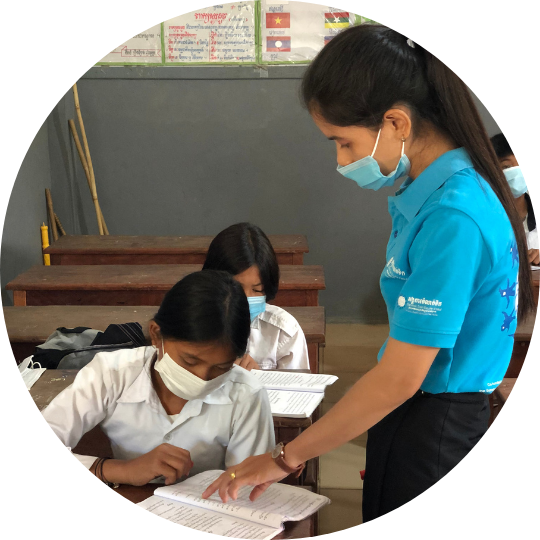
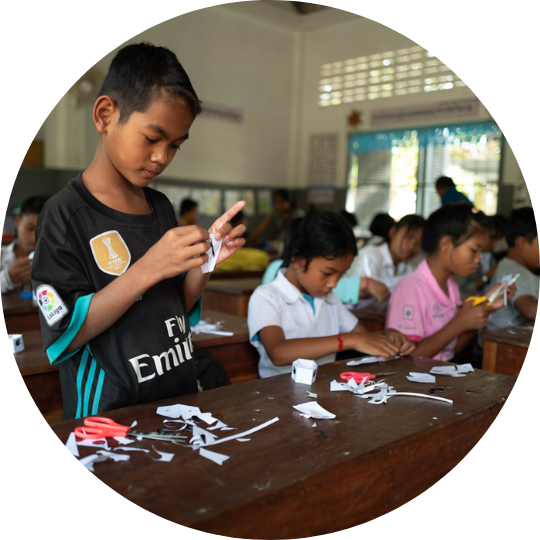
Reintegration
